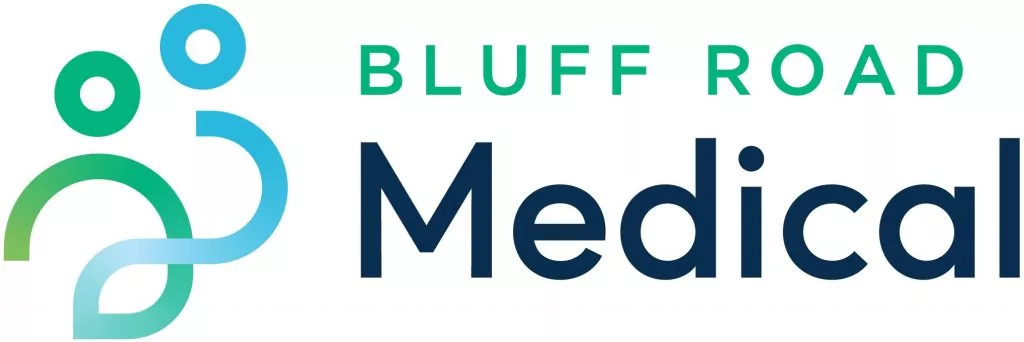3 Popular women’s health services at BRMC
At Bluff Road Medical Centre, we are proud to support women in all areas of their health and wellbeing. In this article, we shine a light on some of our key women’s health services.
Contraception
When it comes to contraception, there are all sorts of different options available. You’ll want the best advice about what’s right for you. That’s where we come in.
Our team of doctors can offer advice and support around both short and long-acting contraception. Examples of short-acting contraception include hormonal pills, injectable hormones and vaginal rings. Long-acting contraception include intrauterine devices and hormonal implants.
We can also assist with the Implanon rod and Mirena IUDs (intra-uterine device). If you’re looking to discuss the merits these treatment options, what’s suitable for you and potential side effects, please book in!
Sexual Health Screening
Sexual health screening should be a priority in terms of women’s health. If you’d like information about contraception and barrier methods to prevent the spread of sexually transmitted diseases (STIs), look no further.
Remember, you should have regular sexual health screening checks, particularly if you’ve recently ended a relationship and are planning to start a new one. When you consider that STIs can have serious implications if left untreated, you don’t want to let things go unchecked. , for example, is the most common bacterial STI and can cause pelvic inflammatory disease and fertility issues.
Menopause
If you’re looking for a GP to support you through menopause, we can assist. Our doctors can lifestyle suggestions and medical interventions to help you manage the symptoms. Menopausal Hormone Therapy (previously known as Hormone Replacement Therapy) is one treatment option some women decide to try.
Menopause signifies the end of the menstruation in a woman’s life and ties in with a natural decline in reproductive hormones. A woman is said to be in menopause if she has not had a period in 12 months. Premature menopause occurs before age 40, early menopause before age 45. Most women menopause between the ages 45 to 55, the average age being 51.
You may notice changes to your cycle during this ‘change of life’. Period cycles may be longer, shorter, or totally irregular, and bleeding may be lighter or heavier. Other symptoms may include hot flushes, night sweats, vaginal dryness and sexual discomfort, sleep issues, headaches, mood changes, reduced libido, tiredness, urinary frequency, aches and pains, crawling or itching sensation under the skin and forgetfulness.
Your doctor will likely suggest a comprehensive check-up when you book in for a menopause consultation. This helps us to identify any future risks like heart disease or osteoporosis and helps us decide how best to manage your menopause symptoms.
The Jean Hailes Foundation offers useful fact sheets and resources for women looking for more information about menopause.
Like to make a booking?
These are just 3 examples of the kinds of women’s health services we offer. In addition, our GPs can assist with breast examinations, cervical screening, family planning, antenatal care, breastfeeding and postnatal care, pelvic floor health, and general women’s health.
We’re ready to support you with all your women’s health needs, so please get in touch! Click here or phone (03) 9598 6244.
